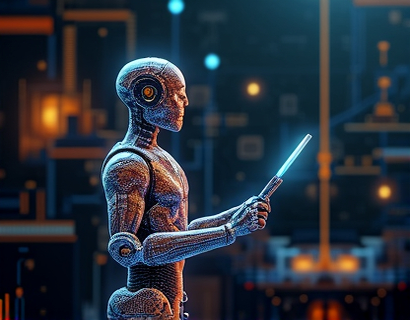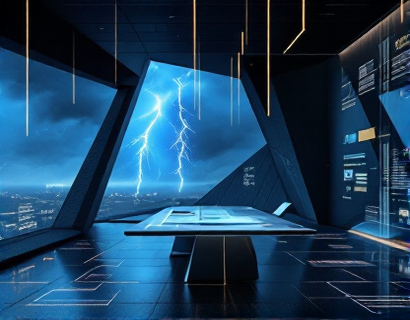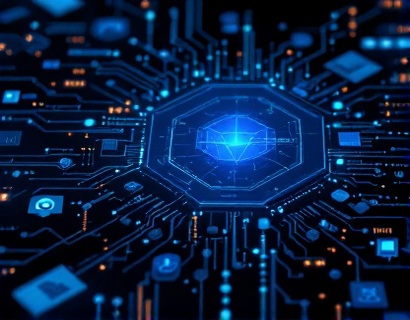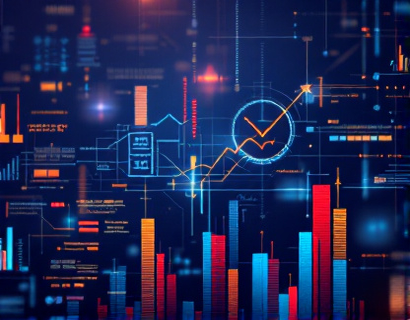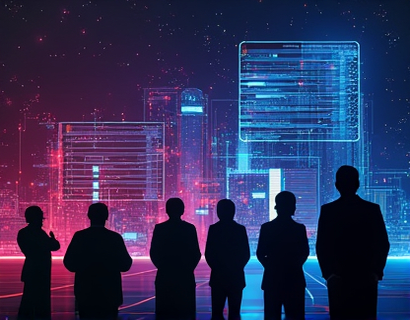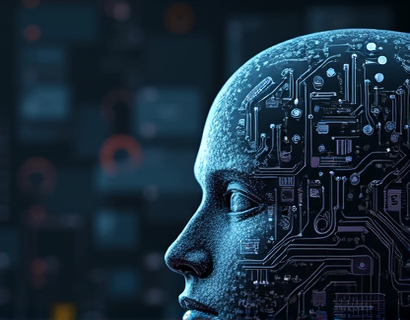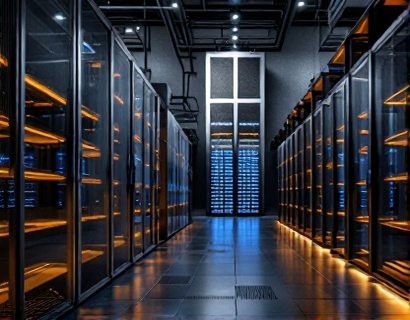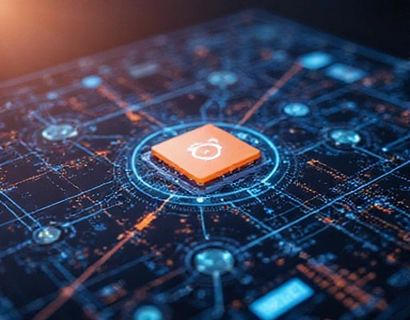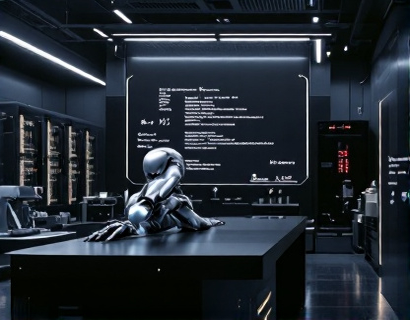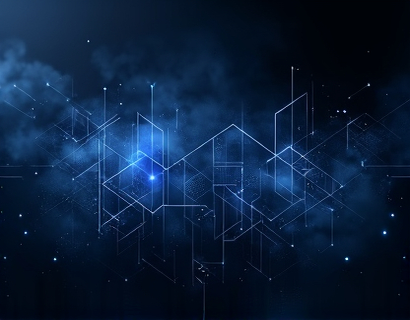Decentralized DAOs: Empowering Web3 Governance Through Community-Driven Innovation
In the rapidly evolving landscape of Web3, decentralized autonomous organizations (DAOs) stand as a pivotal force, redefining governance and innovation. These community-driven entities leverage blockchain technology to create transparent, scalable, and collaborative frameworks for managing Web3 protocols. This article delves into the transformative impact of DAOs, exploring how they empower communities and drive the future of decentralized technology.
The Rise of Decentralized DAOs
The concept of DAOs emerged from the intersection of blockchain, decentralization, and community governance. Unlike traditional organizations, DAOs operate without a central authority, relying instead on smart contracts to automate decision-making processes. This shift towards decentralization addresses many of the governance issues plaguing centralized systems, such as censorship, corruption, and inefficiency.
Web3, the next evolution of the internet, emphasizes decentralization, user sovereignty, and interoperability. DAOs are at the forefront of this movement, providing a robust framework for managing decentralized protocols. These protocols, which underpin various Web3 applications, require a governance model that aligns with the decentralized ethos. DAOs fill this gap by offering a community-driven approach to protocol management.
Enhanced Collaboration Through DAOs
One of the most significant advantages of DAOs is the enhancement of collaboration among community members. By removing hierarchical structures, DAOs foster an environment where every participant has a voice. This inclusivity encourages diverse perspectives and innovative solutions, leading to more robust and resilient protocols.
For instance, in a DAO, members can propose, discuss, and vote on changes to the protocol. This process ensures that decisions reflect the collective will of the community, rather than the interests of a few. The transparency of blockchain technology further enhances trust, as all transactions and decisions are recorded immutably.
Transparency and Trust in DAOs
Transparency is a cornerstone of DAOs, and blockchain technology is the backbone of this transparency. Every action within a DAO, from proposal submission to voting, is logged on the blockchain. This immutable record ensures that all members can verify the integrity of the governance process, reducing the risk of fraud and manipulation.
Moreover, the open nature of DAOs allows for real-time monitoring and participation. Community members can track the progress of proposals, engage in discussions, and contribute to decision-making at any time. This level of transparency builds trust among participants, fostering a stronger and more cohesive community.
Scalability in Protocol Management
Scalability is a critical challenge for Web3 protocols, especially as the number of users and transactions grows. DAOs address this challenge by decentralizing the management process, distributing the workload across the network. Smart contracts automate routine tasks, reducing the burden on individual members and enabling the protocol to scale efficiently.
For example, a DAO can manage the allocation of resources, such as funding for development projects or rewards for contributors. By automating these processes, DAOs ensure that resources are distributed fairly and efficiently, supporting the growth and sustainability of the protocol.
Community-Driven Innovation
DAOs not only enhance governance but also drive innovation through community-driven initiatives. The collaborative nature of DAOs encourages members to contribute their skills and ideas, leading to the development of new features and improvements. This grassroots innovation is a powerful force in the Web3 ecosystem, pushing the boundaries of what is possible.
Take, for instance, a DAO focused on a decentralized finance (DeFi) protocol. Community members might propose new lending mechanisms, risk management tools, or user-friendly interfaces. Through the DAO's governance process, the most promising ideas are developed and integrated into the protocol, enhancing its functionality and appeal.
Case Study: Decentralized Governance in Action
To illustrate the practical benefits of DAOs, consider the example of a decentralized content platform. In this scenario, the platform's governance is managed by a DAO, where content creators, users, and stakeholders all have a say in the platform's direction.
Proposals to introduce new features, such as a decentralized moderation system or a token-based incentive program for high-quality content, are put forward by community members. After a period of discussion and debate, the proposals are voted on. If a proposal gains sufficient support, it is executed by smart contracts, ensuring that the changes are implemented transparently and without central oversight.
This approach not only empowers the community but also ensures that the platform evolves in line with the needs and desires of its users. The decentralized governance model creates a self-sustaining ecosystem where innovation thrives.
Challenges and Considerations
While DAOs offer numerous benefits, they also come with challenges that must be addressed. One of the primary concerns is the technical complexity involved in setting up and managing a DAO. Not all communities have the expertise to navigate blockchain technology and smart contracts, which can be a barrier to entry.
Another challenge is the potential for governance attacks, where malicious actors attempt to manipulate the voting process. To mitigate these risks, DAOs must implement robust security measures and best practices, such as using well-audited smart contracts and establishing clear voting protocols.
Additionally, the decision-making process in DAOs can sometimes be slow, as consensus among a large number of participants is required. However, this is a trade-off for the increased transparency and community involvement, which are essential for the long-term health of the protocol.
The Future of Decentralized DAOs
As the Web3 ecosystem continues to mature, the role of DAOs is likely to become even more prominent. The success of DAOs in managing decentralized protocols will serve as a blueprint for other decentralized applications and services. The principles of community-driven governance, transparency, and scalability will continue to shape the future of decentralized technology.
Moreover, the integration of DAOs with other decentralized systems, such as decentralized finance (DeFi) and decentralized identity (DID), will create a more interconnected and resilient Web3 landscape. This interconnectedness will unlock new possibilities for collaboration and innovation, driving the adoption of decentralized solutions across various industries.
In conclusion, DAOs are revolutionizing Web3 governance by empowering communities and fostering innovation. By embracing the principles of decentralization, transparency, and collaboration, DAOs are paving the way for a more inclusive and sustainable digital future. Join the movement towards a decentralized world, where the power lies with the community.









